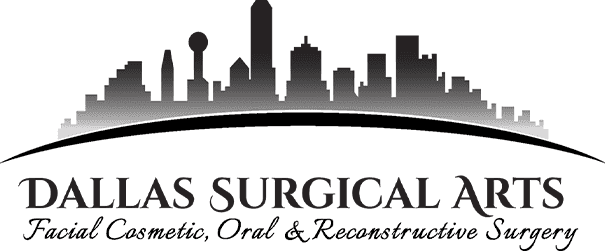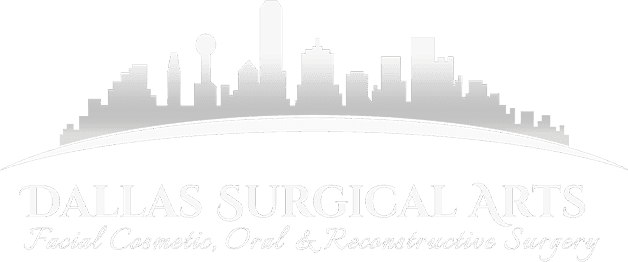Jaw surgery is considered a type of surgery that can be done on a person for cosmetic purposes or for medical reasons. People who would like to change their facial symmetry or improve their jawline can have jaw surgery by choice.
But for some, jaw surgery is a required medical procedure that needs to be done to fix the jaw’s proper functioning and appearance.
Here are five clear signs that you need to have jaw surgery right away.
Asymmetrical, Receding, and Protruding Jawline
Asymmetrical jawlines are usually caused by various developmental syndromes that cause an overgrowth on the other side and limit the growth on another side.
Receding jawlines can be caused by jawbone loss or a long-term disease or even a tooth loss, which allows overdevelopment of the upper jaw and underdevelopment of the lower jaw.
A protruding jawline can just be a natural feature of the jaw or it can be caused by an overgrowth of the gum tissue in the mouth. This causes overdevelopment of the lower jaw and underdevelopment of the upper jaw.
Asymmetrical, receding, and protruding jawline may be evident in younger years, but one must wait until adulthood to undergo jaw surgery. At the moment, children are advised to wear orthodontic retainers, braces, or headgears to improve their condition.
Improper Bite
An improper bite or improper occlusion is the second sign that you need jaw surgery. A person with an improper bite or incorrect alignment of teeth may have problems chewing and talking.
Abscess
Another sign that you need jaw surgery occurs when there is an abscess in the jaw. If a patient is suffering from a severe infection in the jaw, it may lead to an abscess.
An abscess on the jaw can be painful and cause swelling, making it difficult to eat and speak.
Facial Trauma and Injury
When a person suffers from facial trauma or injury, it can result in a jaw fracture. When a person suffers from a jaw fracture, it can affect the bite and the ability to eat.
Jaw Tumors and Cysts
Another sign that tells you that you need jaw surgery is the presence of a tumor or cyst on the jaw.
The tumor or cyst can be on the jaw joint, inside the mouth, or in the neck.
A tumor or cyst can be painful and gradually grows bigger. If left untreated, a tumor or cyst can be life-threatening.
Types of Jaw Surgery
Jaw surgery is a complex procedure that involves various jaw surgery techniques and jaw surgical procedures. Orthognathic surgery involves moving the current position of the jaw. This surgery affects the upper jaw (maxilla), lower jaw (mandible), jaw joints (TMJ), chin, and cheekbones (zygomas). Overall, there are three main types of jaw surgery that involve these parts.
1. Mandibular Osteotomy (Lower Jaw Surgery)
Mandibular osteotomy is performed to change the shape of the lower jaw. It is performed to correct a misalignment of the mandible with the rest of the facial structure. This jaw surgery is performed to correct a receding jawline, bite issues, and some other dental problems.
2. Maxillary Osteotomy (Upper Jaw Surgery)
Maxillary osteotomy is another jaw surgery that is performed to change the shape of the upper jaw. It is performed to correct a protruding jawline; it is also performed to correct a misalignment of the upper jaw with the rest of the facial structure.
3. Genioplasty (Chin Surgery)
Genioplasty is jaw surgery performed to correct a receding chin, fix a cleft or a dimpled chin, and correct a sunken chin. This procedure is also performed to improve the profile of the lower face.
Who Performs Jaw Surgery
Jaw surgery is performed by an oral surgeon or a maxillofacial surgeon, depending on the condition and the needs of the patient.
These specialists treat conditions such as deformities and injuries that affect the face, mouth, jaws, and skull. They are also trained to treat the facial structures, including the bones, muscles, and nerves.
Conclusion
Jaw surgery is an effective surgery performed to correct facial deformities, correct jaw misalignment, and treat other jaw-related conditions. An oral surgeon will be able to diagnose your condition, provide the right treatment, and recommend jaw surgery to correct the problems.
Dallas Surgical Arts provides cosmetic facial plastic surgery, including facelift, eyelid surgery, brow lift, otoplasty, Botox, and orthognathic surgery in Texas. Let us help you achieve the perfect jawline for your unique facial feature. Schedule an appointment today!


